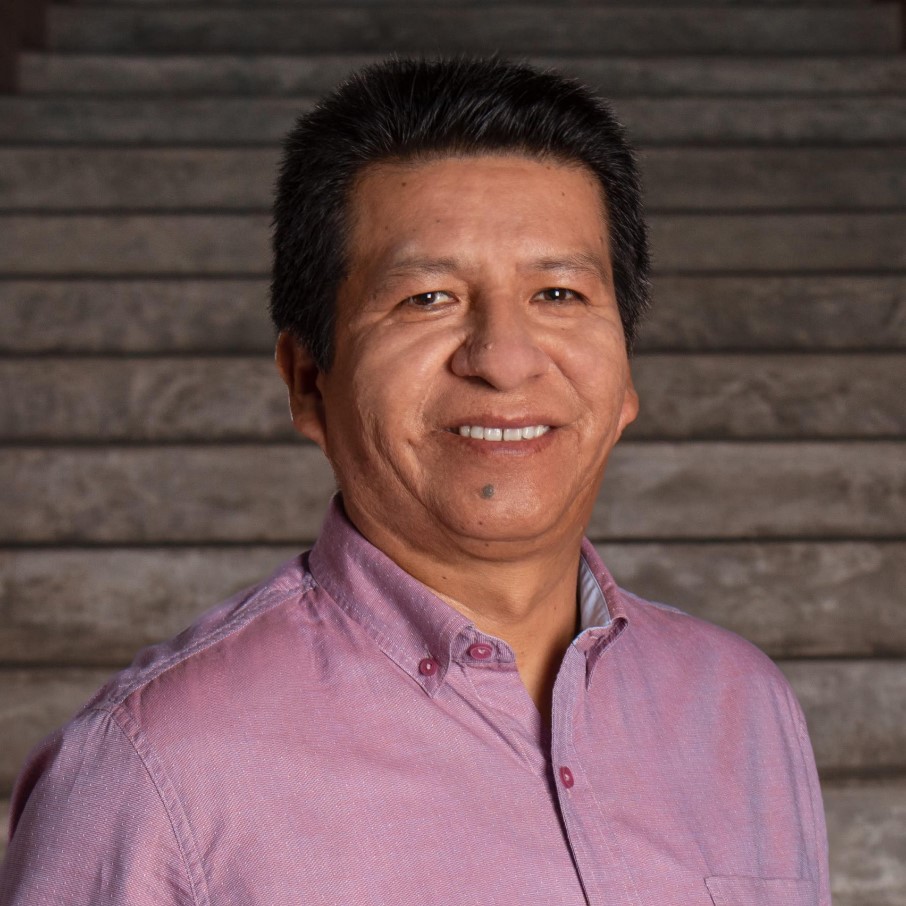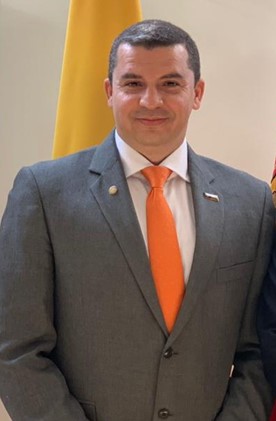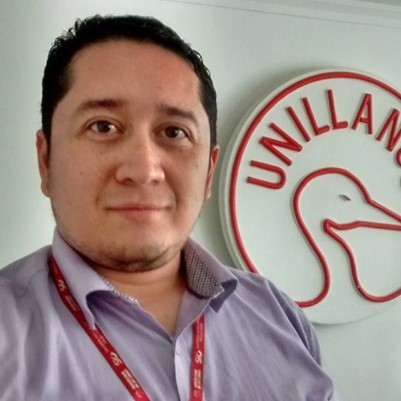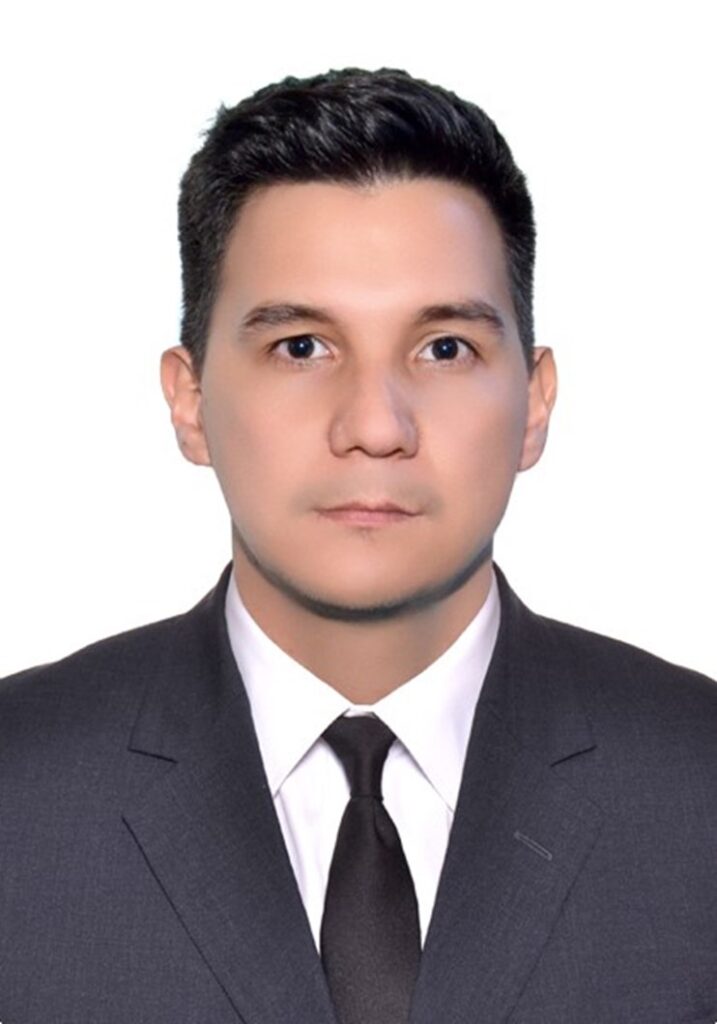Dr. César Beltrán Castañón
Generative models for remote sensing applications

PhD in Bioinformatics and Master’s in Computer Science, both from the University of Sao Paulo (USP), Brazil; he completed a postdoctoral fellowship at Texas A&M University (USA). Currently, he is the President of the IEEE Peru Section (2023-2024), as well as a Full Professor and Senior Researcher at the Pontifical Catholic University of Peru. He is the founder and leader of the Scientific Group in Artificial Intelligence (AI-PUCP). He served as Past President of the IEEE Computer Society – Peru (2019-2020), where he is a Senior Member. He has an esteemed academic career at various universities both nationally and internationally and is a member of the AI Expert Commission of the Congress of the Republic in Peru.
Cesar Hernando Valencia Niño
Transformers: New frontiers in artificial intelligence

Electronic Engineer, TEDx Speaker, and Associate Researcher (Minciencias) with outstanding experience in reviewing Q1 category scientific journals. Recognized evaluator by Minciencias in various areas, including Automation and Control Systems, Electrical and Electronics, Systems and Communications, Robotics and Automatic Control, Mechanics, and Biotechnology. My trajectory spans both the university academic field and specialized consulting in technological development. I hold degrees in Telecommunications, Mechanics (Machine Design and Robotics), and Electrical (Artificial Intelligence). Currently, I serve as Academic Dean in the Faculties of Mechatronic Engineering and Telecommunications Engineering at the Santo Tomás University in Bucaramanga. My research areas focus on Artificial Intelligence, Robotics, Machine Design, Applied Communications, and Electronics.
Angel Alfonso Cruz Roa
Transforming Digital Pathology with Artificial Intelligence: History, Breakthroughs, Applications, Challenges and Future Directions

Systems Engineer from the University of Los Llanos, Master in Biomedical Engineering with a meritorious thesis, and Doctor in Engineering – Systems Engineering and Computing with Summa Cum Laude distinction from the National University of Colombia. He is currently an Associate Professor at the University of Los Llanos School of Engineering and an Associate Researcher categorized by the Ministry of Science, Technology and Innovation of Colombia (MinCiencias). He is the leader of the GITECX research group (Category C – MinCiencias) and coordinator of the Research Seedbed Automatic Data-driven Analytics Laboratory – AdaLab. His research areas include artificial intelligence and machine learning, data analytics, and computer vision applied to biological and biomedical data. He is the co-author of 2 US patents, 14 articles in scientific journals, more than 50 articles at conferences, and 14 developed projects on research, technological development, and innovation funded by the University of Los Llanos, MinCiencias, and of the Science, Technology and Innovation Fund of the General Royalties System. He has over 2,200 citations in Scopus and an H index of 12. His recognitions include the Young Scientists Publication Impact Award granted by the MICCAI Society Board in 2017, the leading international medical imaging conference, and the most cited article in the fifty years of the SPIE Medical Imaging conference in 2022.
Tutorials
Carlos Jesús Vega Pérez
An introduction to Artificial Intelligence and Data Science

Doctor of Science degree in electrical engineering (Cinvestav-Mexico), a Master’s degree, and a Bachelor’s degree in electronic engineering (UIS-Colombia). Postdoctoral Fellow with University of Naples Federico II- Italy. With a strong foundation in academia, I have accumulated eight years of experience as a data scientist and advanced mathematical model developer with exceptional results across various industries. My primary areas of specialization encompass data transformation and processing, machine learning model deployment, solving optimization problems, and developing intelligent control algorithms. My research interests include complex networks, nonlinear control, machine learning, neural networks, optimal control.

